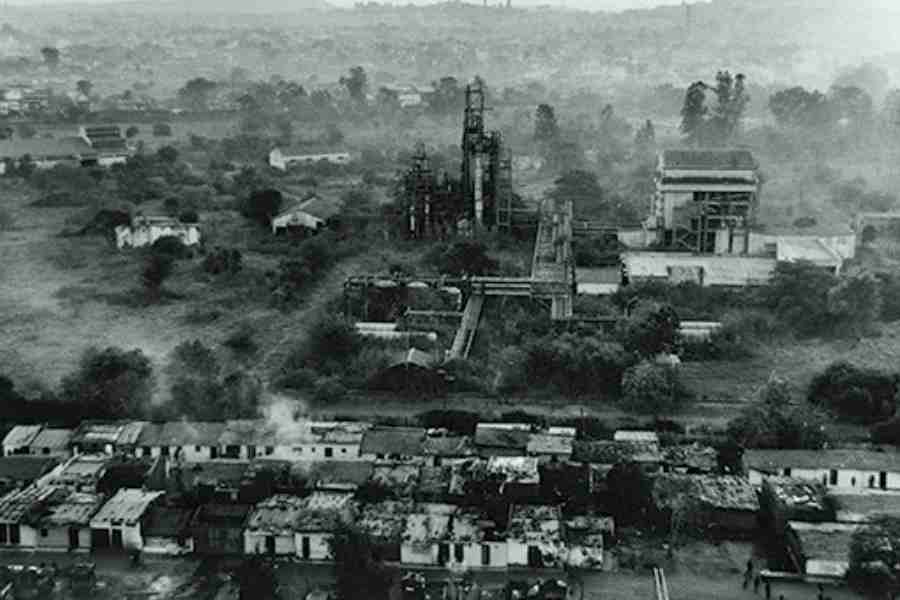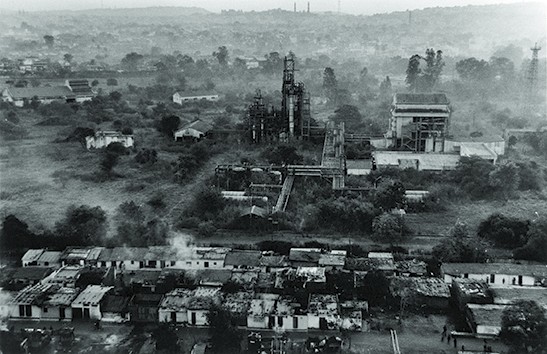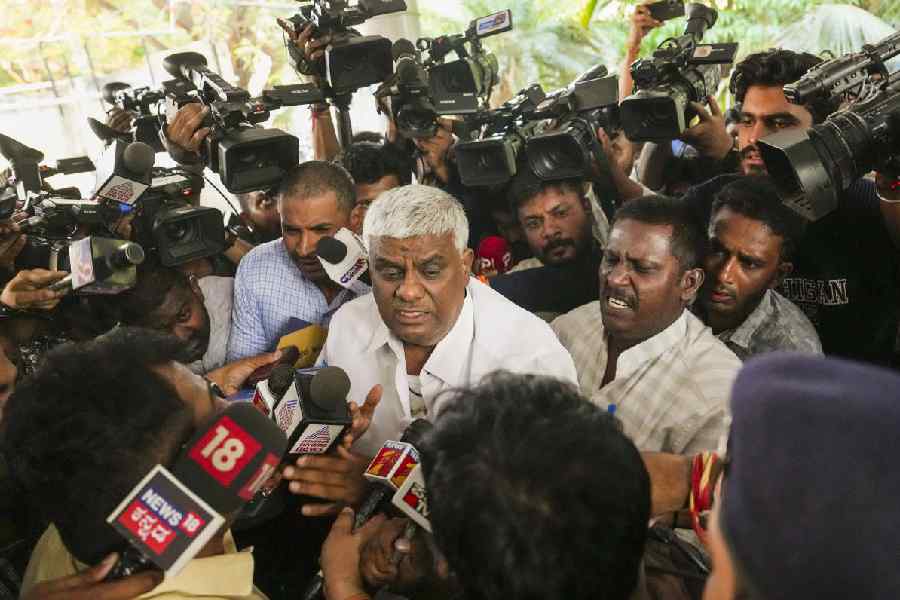Men who were still foetuses in wombs during the Bhopal gas disaster have higher cancer and disability rates, researchers said in a study released on Tuesday that has bolstered the evidence for long-term, intergenerational health effects of the killer gas leak.
The study by researchers at the University of California, San Diego, has found that men born in 1985 within 100km of the site of the December 1984 disaster had an eight-fold higher risk of cancer than other men, for instance, those born between 1986 and 1990.
Men born in 1985 in districts within 100km of Bhopal were also likelier to have disabilities that affected their employment and likelier to have two fewer years of education than other men, the study also observed.
Among men born in 1985 who have not moved out of Bhopal since birth, the study found a 27-fold elevated cancer risk.
“These results indicate social costs stemming from the Bhopal gas disaster that extend far beyond the mortality and morbidity experienced in the immediate aftermath,” Gordon McCord, an economist and associate teaching professor at the UCSD, and his colleagues wrote in their study.
Their findings, published in the British Medical Journal Open on Tuesday, have documented health effects on people living as far as 100km from the site of the leak, in contrast to a 4.5km radius hitherto considered as the main zone of ill health from exposure to the gas.
The study did not find any elevated cancer risks among women born in 1985.
But women who lived within 100km of Bhopal experienced a relative decrease in the birth of male babies in 1985.
About 64 per cent of babies born in that area from 1981 to 1984 were male, but the proportion fell to 60 per cent in 1985.
The findings, the researchers said, are consistent with results from earlier independent studies from Denmark, Japan and other countries indicating that external or environmental stress factors affect male foetuses more than female foetuses.
“It is somewhat well understood that male foetuses are more fragile than female foetuses,” Prashant Bharadwaj, professor of economics at the UCSD and a study team member, told The Telegraph.
“Another explanation we can think of for the absence of effects on women is that our samples are better suited to study men since men are less likely to have migrated compared to women who migrate for marriage," he said. "However, there could be other explanations we haven’t thought of.”
The cumulative death toll resulting from the leak of toxic methyl isocyanate gas from a Union Carbide pesticide plant in Bhopal on the night of December 2-3, 1984, remains unclear. The Madhya Pradesh state authorities had cited 3,797 deaths. But various studies have revealed tens of thousands of survivors with respiratory, neurological, ophthalmological, endocrine and musculoskeletal disorders and some have estimated 15,000 to 20,000 cumulative deaths by 2005.
The finding that men in the womb within 100km of Bhopal during the disaster received fewer years of education than did men born later has “tremendous human capital implications”, because education directly impacts wages and consumption, the researchers said.
They said it was unclear whether the effect on education was due to the health or neurological consequences of being exposed to the disaster while in the womb, or other effects. The long-term consequences could result from the direct effects of exposure or the lack of subsequent mitigation of the effects through health, disability, or education services.
The UCSD researchers used Indian government health surveys, including the National Family Health Survey 2015-16, to look for long-term health effects and education levels of people exposed to the disaster, either in the womb or as children. They looked at health data from samples of people born between 1975 and 1884, in 1985, and between 1986 and 1990.
"The intergenerational effects include health impacts as well as socioeconomic impacts," said Anita Raj, professor of society and health at the UCSD and another study team member. "Prior research (had) largely focused on longer-term effects but less on intergenerational effects and potential socioeconomic impacts in the affected zone."











